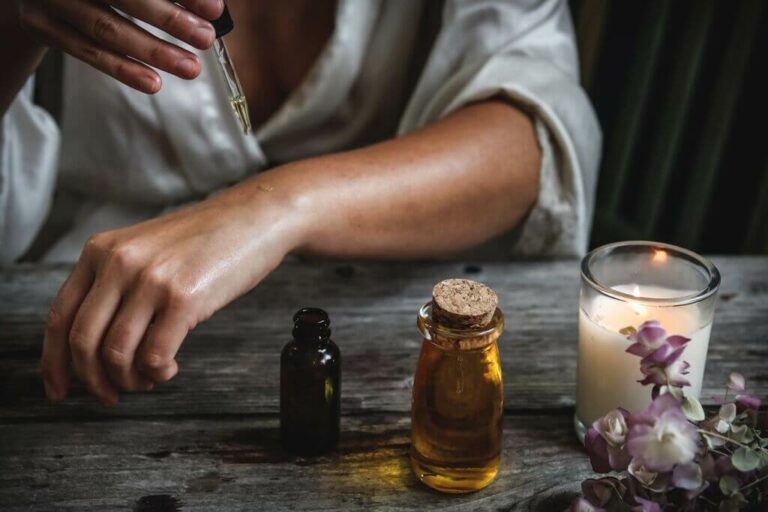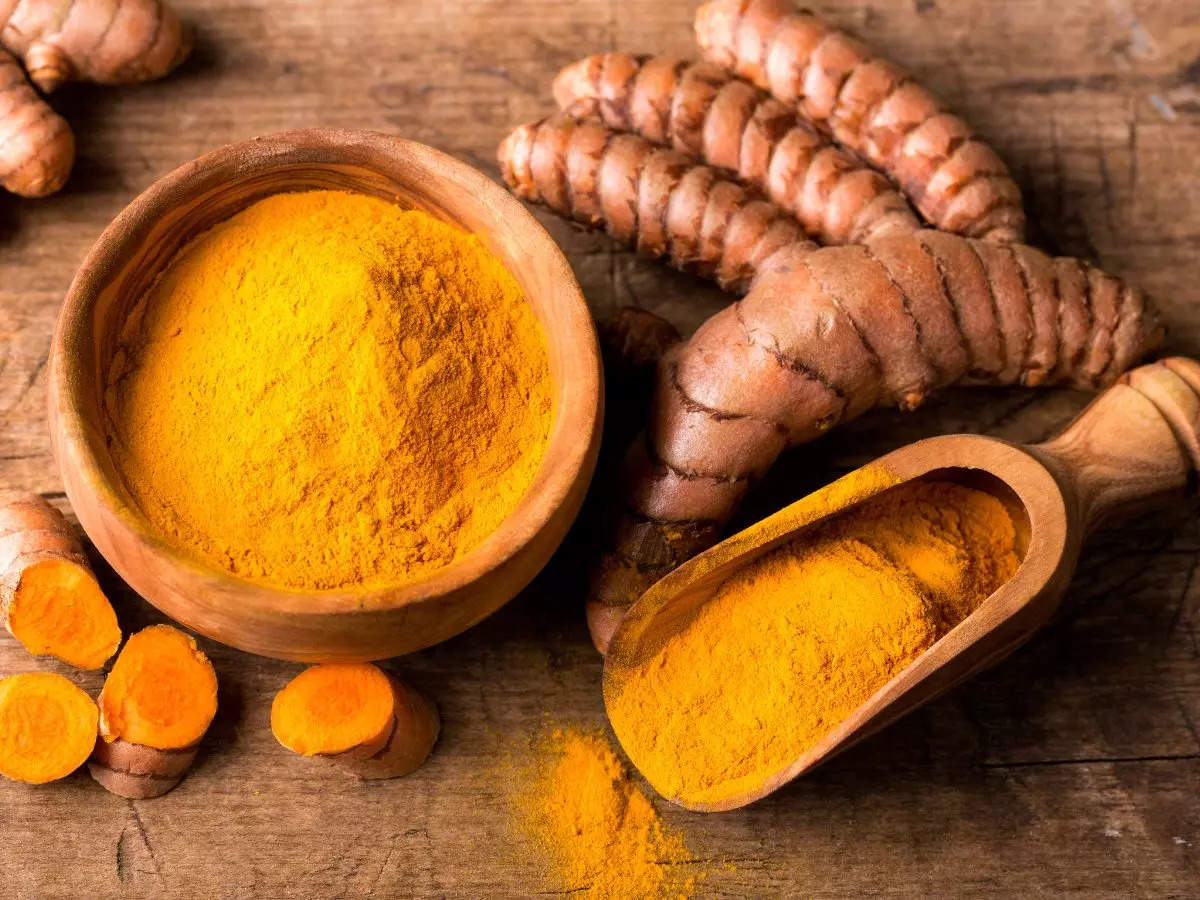Herbs are becoming increasingly popular, even with many synthetic skincare products. Here, we take a trip through nature’s pharmacy as the contemporary yearning for glowing; young skin combines with the ageless knowledge of ancient treatments. The age-old search for eternal beauty is answered in the soft caress of skincare herbs, each combining skin-reviving ingredients. In an ideal world, the renewing properties of rose hips and the calming effect of aloe vera would achieve younger-looking skin. Prepare to be enthralled with the classic beauty of Mother Earth’s floral treasures as we explore herbal medicine. Explore 20 of the most potent herbs valued for their skincare benefits as we lead you into a future where ageing is nothing more than a number.
How to Include Herbs into Your Skincare Routine
Many herbs may significantly improve your skin’s health and beauty. But knowing how to include them in your regimen is very important. Remember to always use herbs and natural skincare products according to the directions. This is for your protection and to guarantee you get the most out of them. Adopting more healthy behaviours is also crucial to improve your skin’s health. Among them are consistent exercise, deep breathing techniques, meditation, drinking plenty of water, and sleeping well at night.
Sandalwood
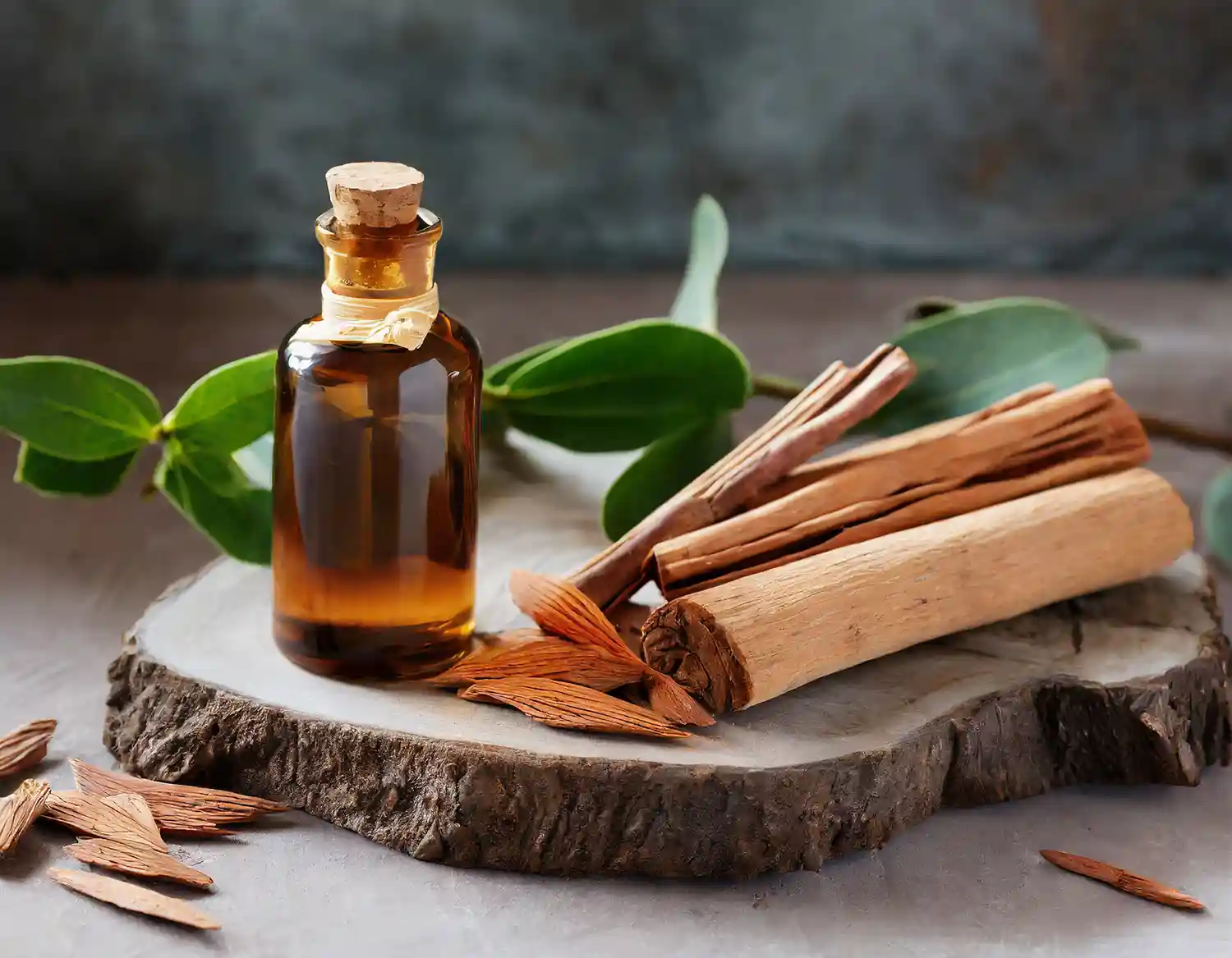
Known by most as Chandan, sandalwood is a beautiful addition to your beauty regimen. With its pleasant aroma, cooling properties, and organic brightening components, Chandan or Shweta Chandana magically removes dark spots, sun tans, and uneven skin tone.
Turmeric
Turmeric is an old-time cure for skin issues. Its anti-inflammatory and antioxidant qualities aid in lessening irritation and inflammation. Turmeric, being a natural cleaner, may assist in removing oil, grime, and other contaminants from the skin. It also helps to disappear dark spots and other skin discolourations. Its anti-inflammatory qualities also lessen the redness associated with outbreaks of acne.
Nettles
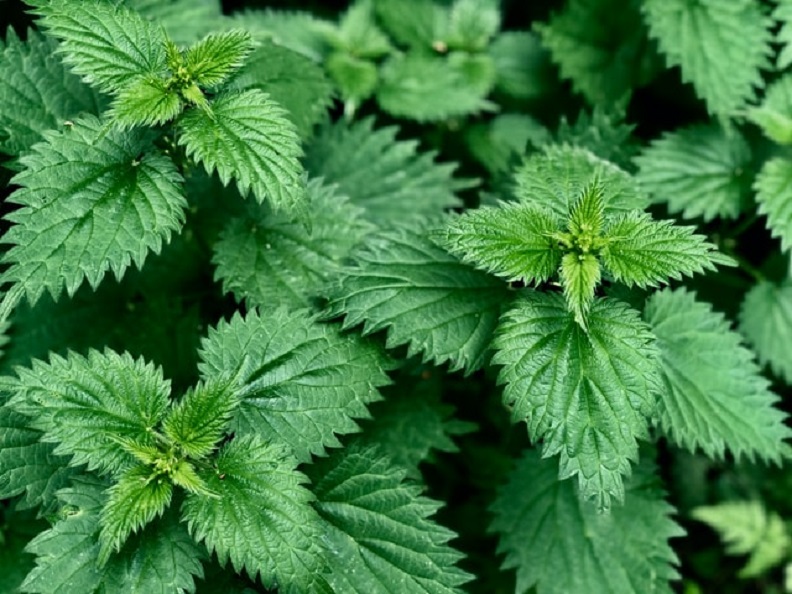
Nettles are an excellent treatment for inflammatory skin disorders, particularly in youngsters. Additionally, they help treat skin sores and ulcers and clean up eczema. Use gloves to collect nettles in your yard to lower your chance of being poked or stung. As the hairs of nettles are safe to digest and neutralise, they may also be used in tea.
Giloy
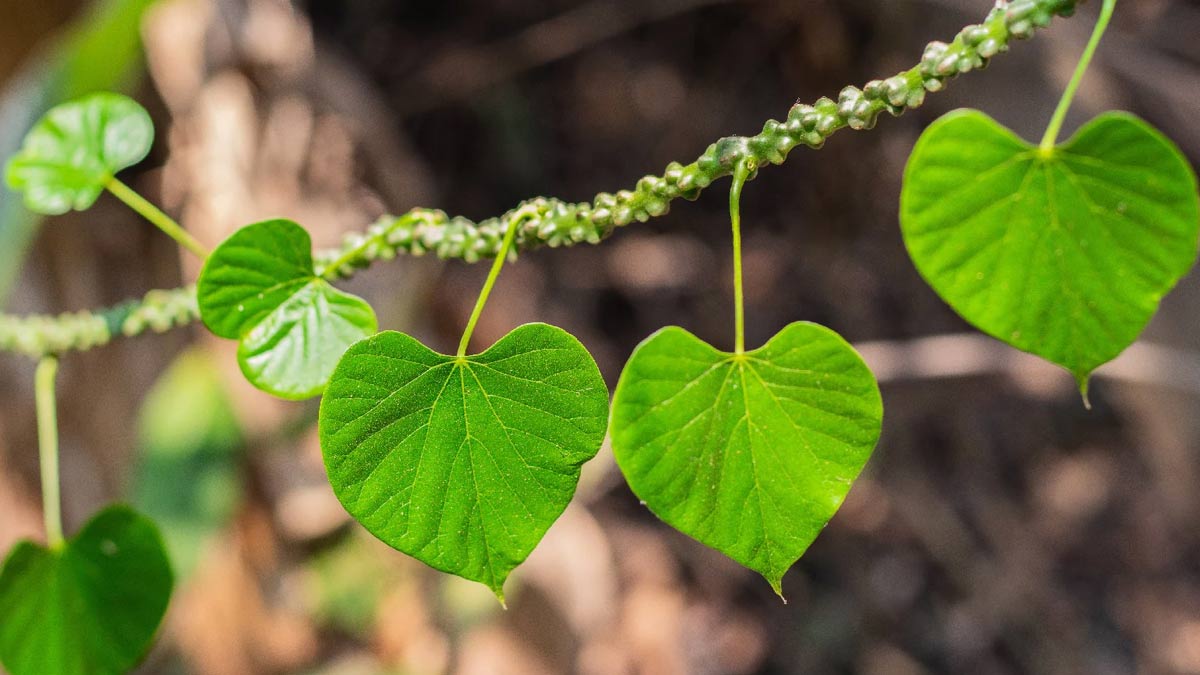
This plant, commonly known as Guduchi, has strong anti-inflammatory properties. It helps to invigorate skin tissue and lessen irritation. The plant improves the skin, boosts immunity, and promotes mental clarity. Giloy is available as a pill and may be brewed as a drink.
Lavender

Lavender, a versatile plant, is a secret to naturally glowing skin. It’s a healing and moisturising ingredient and a skin hydrator. Its anti-inflammatory properties can help reduce acne breakouts and normalise facial oil synthesis. Lavender’s antibacterial qualities can ward off skin infections, enhance natural radiance, and maintain skin health from within.
Horsetail

An additional term for the often-used skin exfoliant shave grass is horsetail. The silica in this astringent plant helps to keep your skin supple. Though dried and powdered, horsetail is best used in tea. It may also be included in your bath to support healthy skin.
Aloe Vera

Among the many Ayurvedic herbs used in cosmetics, aloe vera stands out. Its anti-inflammatory, cooling, and anti-fungal properties aid in skin healing. Because it is a plant-based gel, aloe vera may be used topically. It is a go-to remedy for various skin issues, including rashes, infections, acne, dry skin, and allergies.
Oat Straw

To make oat straw, one has to use the oat plant’s stems. This plant’s stems secrete a milky sap. Silica and calcium are two of the sap’s properties. Use oat straw as an organic facial cleanser. It’s also good or combined with other oils for a more concentrated skin treatment. Oat straws may help with blood sugar regulation and various skin issues. To include this plant in your meals or tea, combine it into extracts.
Tulsi/Holy Basil

Basil maintains the unique properties of its leaves. Because of its antibacterial properties, basil is an effective treatment for many skin conditions, such as ringworms and acne. A common approach to treating fungal infections is by topically applying the plant’s juice or gel. Basil also has antibacterial and acne-fighting qualities, which are additional advantages.
Calendula
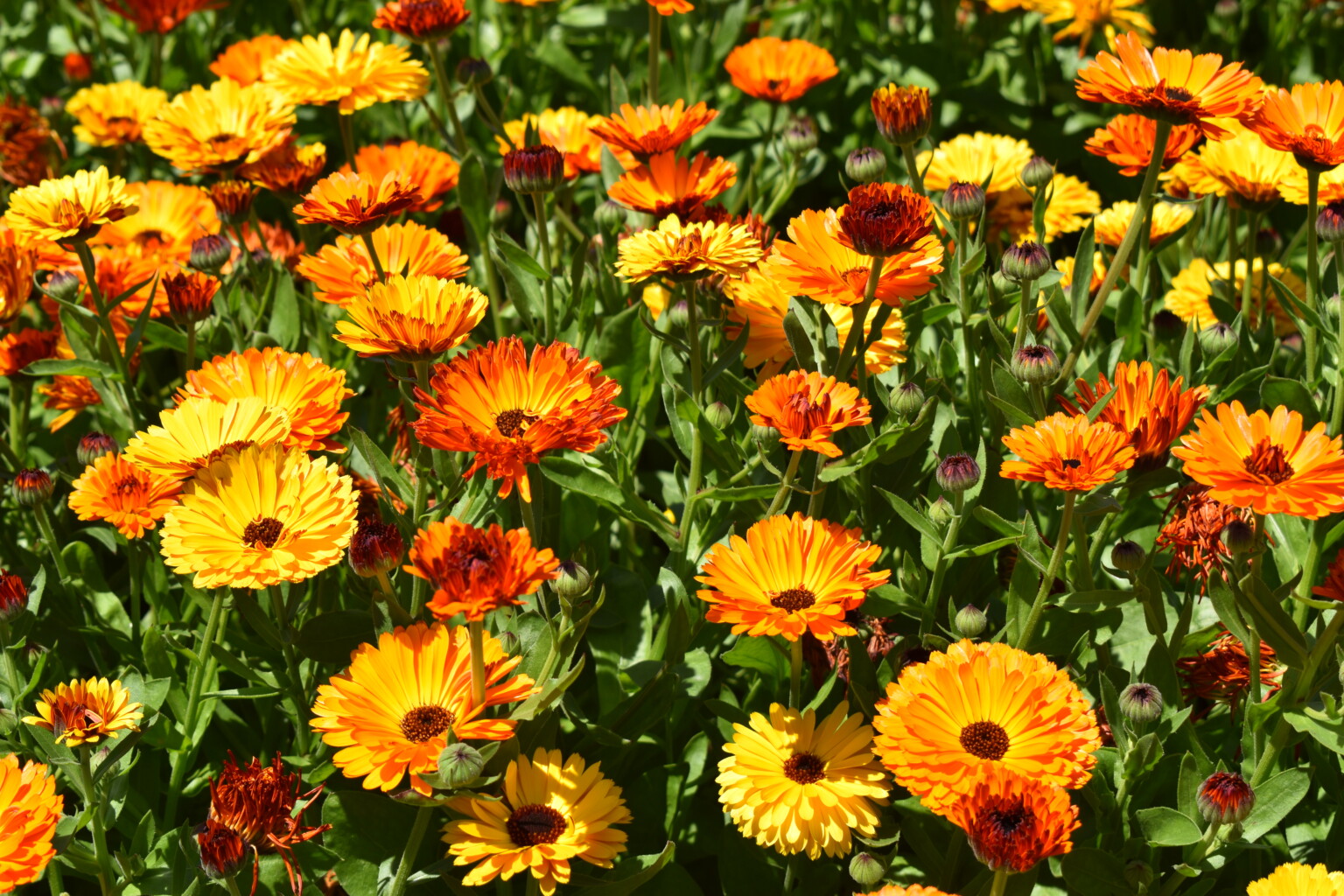
Calendula flowers’ orange sections are soothing, therapeutic, and anti-inflammatory. Among the least antiseptic and astringent substances on our list, it treats inflamed, damaged, or acne skin well. Excellent herbal oil for skin, calendula treats most common skin problems with its antibacterial and antifungal qualities. Additionally, it is effective in treating wounds, cuts, scars, and bruises. Every skin type, mainly dehydrated, damaged, or sensitive, may safely use calendula.
Amla/Gooseberry
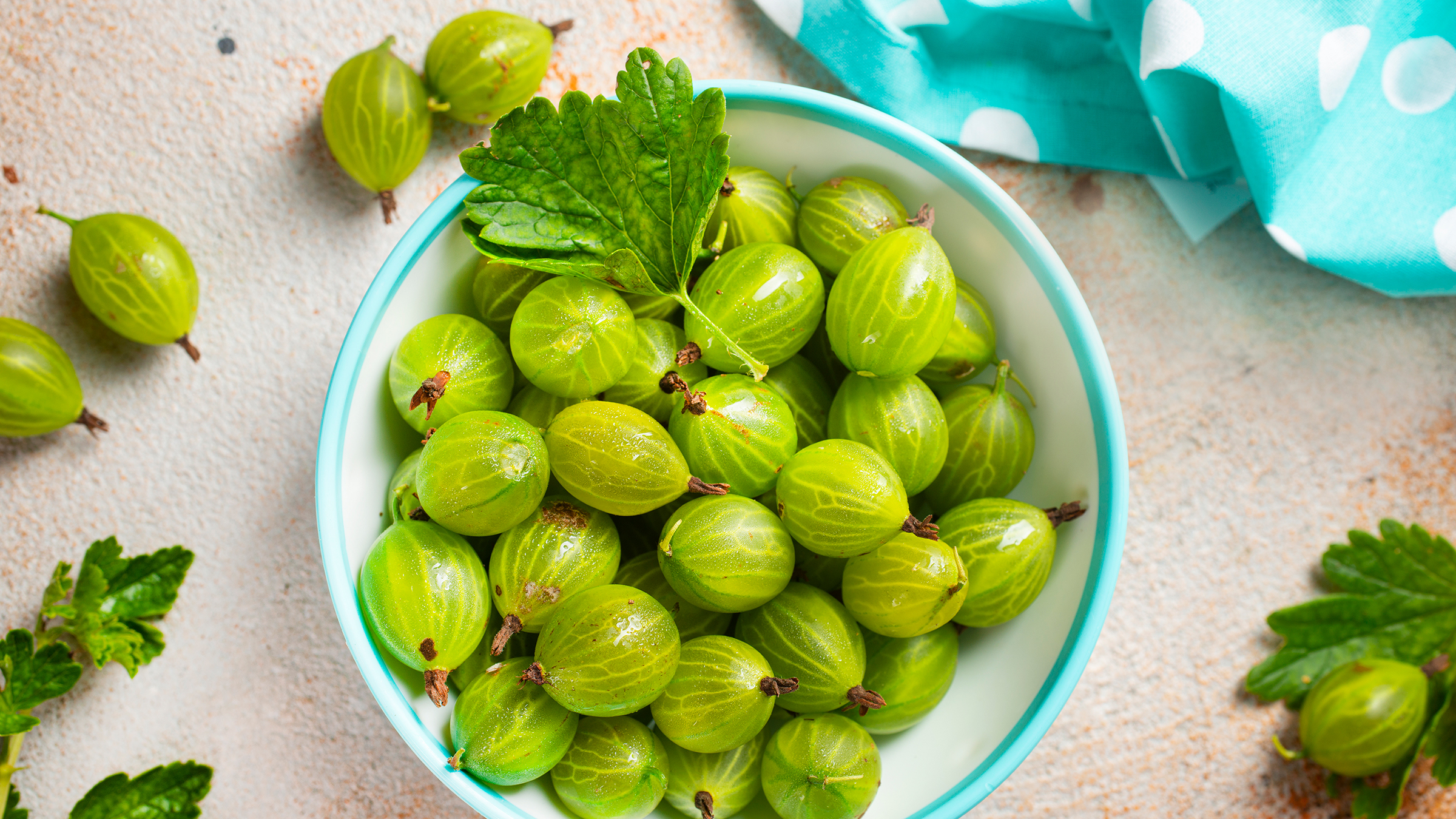
Amla’s antioxidants and plenty of vitamin C give it its anti-ageing properties. It helps reduce overt ageing symptoms and tightens, promotes healthy skin, and provides a radiant complexion. Among amla’s adaptogenic properties is its capacity to protect the skin from the harm caused by prolonged stress.
Saffron
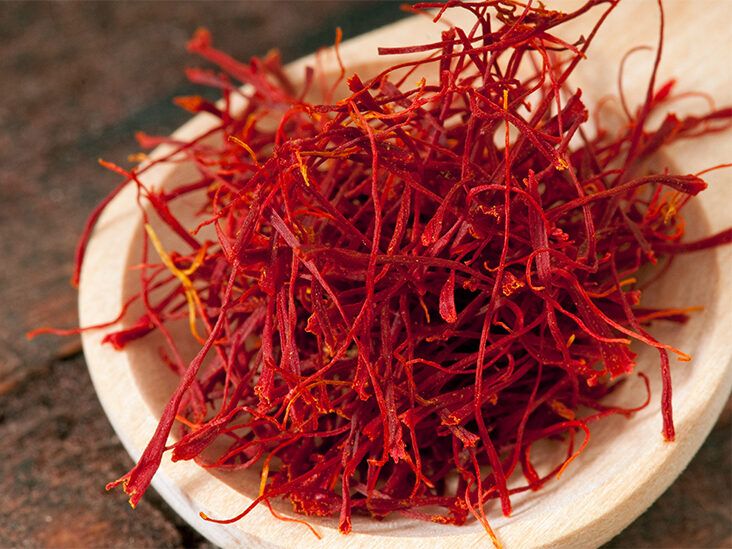
Although saffron is expensive, even a tiny amount, when combined with honey, has tremendous skin-beneficial effects. This ayurvedic ingredient prevents skin damage from free radicals while also moisturising it. Honey also has the added benefit of being a natural skin lightener.
Rose Hips
/what-are-rose-hips-and-what-do-they-do-1403046-hero-5e3279c0a8054ea7b4e68fa5049adfc1.jpg)
While still a relatively undiscovered gem in the health and wellness sector, rose hips are gaining popularity. Packed with immune-boosting vitamin C, they make an ideal health tonic. Rose Hips can be consumed as capsules or hot tea. They also have a place in skincare, where they can be used in facials or masks.
Dandelion

Both its aerial and root parts have the qualities of a dandelion. Using dandelion tea is a great way to clear acne. Besides, the tea cures boils, eczema, and psoriasis. Dermatitis patients and all other skin types may benefit from it.
Chamomile
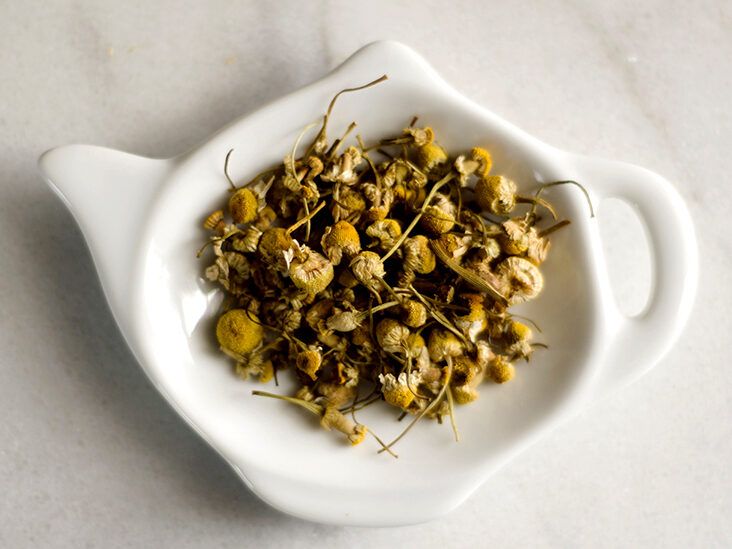
In addition to its sedative effects, the chamomile plant may be used to enhance the appearance of a healthy glow on the face. Chamomile is known for its anti-inflammatory and anti-reddening impact and its ability to lighten and brighten the skin. A chamomile face mask is easy to prepare at home using tea bags and plain yoghurt, or you can purchase one from a beauty supply shop.
Chickweed

Applying chickweed to the body is very calming. It also has astringent, antiseptic, and anti-inflammatory qualities. Burns, chapped skin, dermatitis, eczema, insect bites, and wounds are just a few of the skin disorders that chickweed addresses. It is safe to use on all skin types and treats dry skin that has been affected by the environment.
Ashwagandha
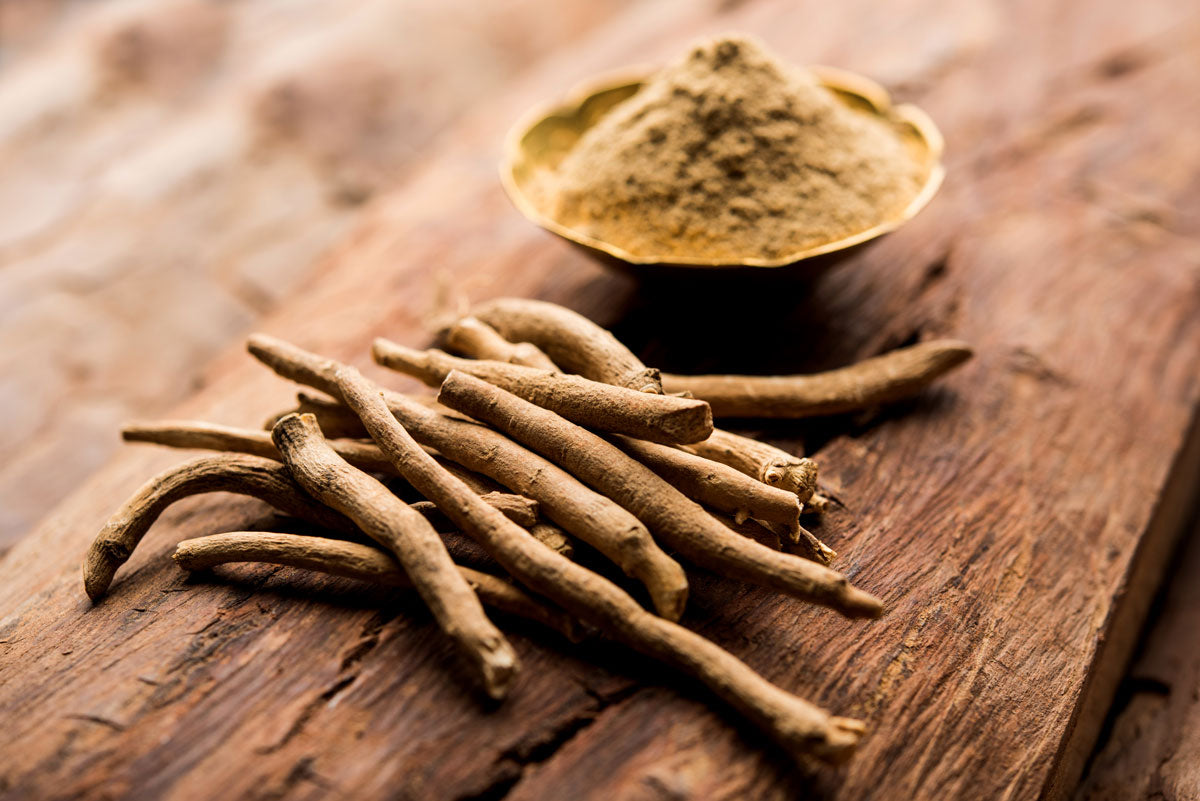
Ashwagandha has long been a revitalising herb with a reputation for skin, hair, and overall health benefits. Using this herb regularly will dramatically affect your skin’s appearance, giving it a healthier, younger, and more glowing appearance. Additionally, the herb helps diminish the appearance of wrinkles and tightens the skin.
Neem

Neem is a beautiful choice if you want a natural glow for your face. Due to its beneficial properties, the evergreen tree neem has a long history of use in Ayurvedic medicine. Neem is an excellent choice for minimising redness and inflammation due to its high antioxidant and anti-inflammatory chemical content and skin-healing capabilities. Combining antimicrobial and antiseptic chemicals helps fight infection, unclog pores, and regulate sebum production; these antibacterial qualities also make it perfect for treating acne.
Alfalfa
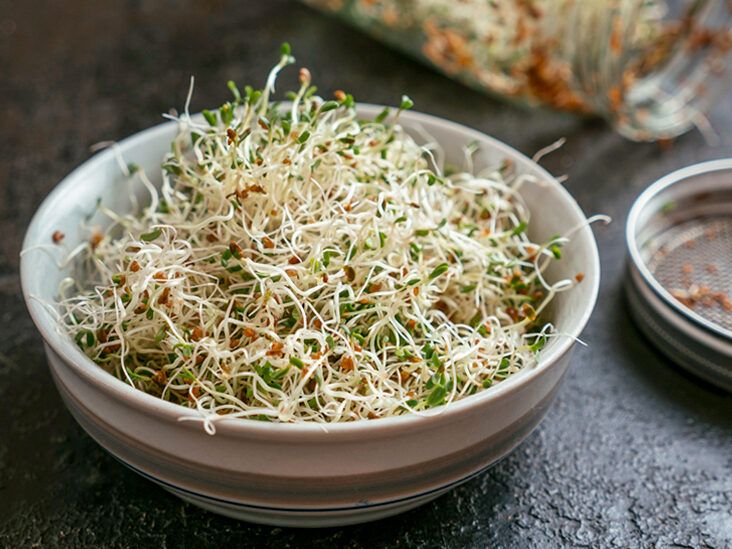
The leaves and seeds of the alfalfa plant contain nutrients. Carotene is another component that includes vitamin A, an antioxidant that supports strong hair, skin, and nails. Alfalfa also contains trace levels of other minerals, chlorophyll, vitamin K, and amino acids. These qualities and characteristics are almost always present in organic alfalfa, not GMO.
Comfrey
:max_bytes(150000):strip_icc()/bluecomfrey-c7a0e1ffb3324639a175ab4cd9801923.jpg)
Comfrey has therapeutic properties in all its parts—leaves, roots, and flowers. These attributes are found in anti-inflammatory and regenerative medicine. Also excellent for dry skin, comfrey may treat burns, eczema, bruises, and open wounds. It is astringent and very soothing. Consideration should be given to wintertime skin treatments using comfrey herbal oil. It works best on skin damaged by the environment, promoting recovery. Comfrey has uses in treating dry, damaged, and dermatitis skin.
Conclusion
The transforming power of rejuvenation herbs becomes a ray of hope in a field overflowing with synthetic remedies for those seeking a glowing skincare routine. With the end of the harsh chemical age and the welcome of the soft touch of nature’s abundance, a new skincare paradigm emerges. Knowing how to use botanicals to their full potential is the key to opening up a classic beauty routine that feeds the spirit and skin. Accept the holistic approach to skincare, which will lead you to a day when age is nothing more than a number, beauty is unbounded, and the knowledge of ancient treatments blends with the latest scientific discoveries. As you set out on a path to glowing, young skin imbued with the spirit of nature, let the soft embrace of herbal skincare routines be your guide.

